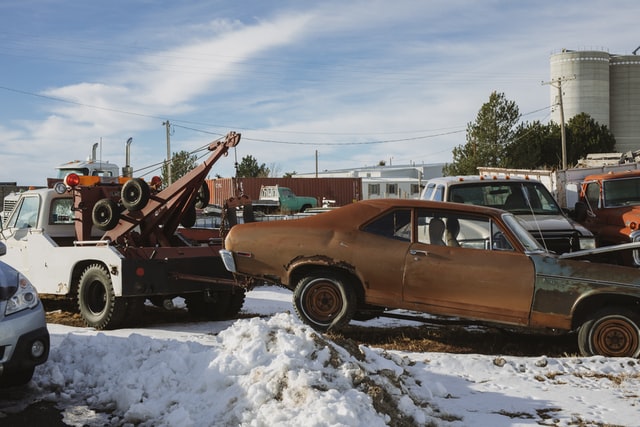Wrongful Auto Repossessions

You Have Rights Even After Your Vehicle is Repossessed
And following the repossession of your vehicle, the Rees-Levering Auto Sales Finance Act (ASFA) or the California Finance Lenders Law (FLL) require that your lender send you a written notice detailing how you can get your vehicle back, by either:
- paying the amount past due, along with repo fees (i.e. reinstate your loan); or
- pay the total balance due on your loan (i.e. redeem your vehicle).
This notice is required even where the repossession was legal or you voluntarily returned your car to the lender.
Also, you should know that after you reinstate (or redeem) and go to pick up your vehicle from the storage lot or auction house, they cannot attempt to charge you additional fees that were not listed in the post-repossession notice in exchange for the release of your vehicle.
If you think your vehicle was wrongfully repossessed or the lender failed to give you a proper letter detailing your rights after repossession, call (833) 729-5529
Tell Me How I Can Help You
Los Angeles Office
355 South Grand Ave., Suite 2450
Los Angeles, CA 90071
Orange County Office
112 E Amerige Ave., Suite 240
Fullerton, CA 92832
Orange County Cities We Serve
Anaheim, Santa Ana, Irvine, Huntington Beach, Garden Grove, Fullerton, Orange, Costa Mesa, Mission Viejo, Westminster, Lake Forest, Newport Beach, Lake Forest, Newport Beach, Buena Park, Tustin, Yorba Linda, Laguna Niguel, San Clemente, La Habra, Placentia, and more!
Los Angeles County Cities We Serve
Los Angeles (Central LA, East LA, South LA, Valley), Long Beach, Santa Clarita, Glendale, Lancaster, Palmdale, Pomona, Torrance, Pasadena, Downey , West Covina, El Monte, Inglewood, Burbank, Norwalk, Santa Monica, Carson, South Gate, Hawthorne, Whittier, Alhambra, Lakewood, Bellflower, Baldwin Park, Redondo Beach, and more!
The information on this site is for general information purposes only, and is not legal advice. Advice regarding your individual situation should be discussed with an attorney. I’d like to hear from you. You should call, e-mail, or write me a letter to discuss your individual situation. Contacting me does not create an attorney-client relationship.
